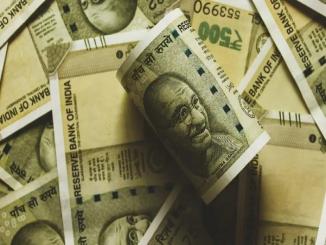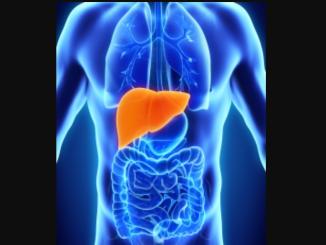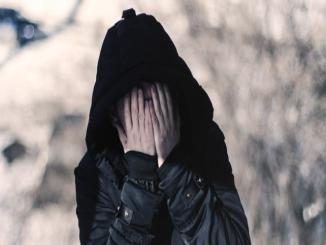
Dandruff cure, symptoms and cure of dandruff, get rid of dandruff
Dandruff may be the result of anything from a desert-dry scalp to a skin condition called seborrheic dermatitis to eczema, psoriasis, or, very commonly, an overgrowth of a yeastlike fungus called malassezia. To get rid of this we often use many shampoo, many shampoo we see on ads which promises to cure but is it so,is it really care? sometime yes but not every cases. What will get rid of serious dandruff? Start with a new shampoo, something mild; overenthusiastic washing simply may have dried out your scalp. If dandruff persists, use trial and error to find the right flake-fighter. Different dandruff shampoo ingredients do different things. Zinc pyrithione targets fungus and bacteria; ketoconazole also fights fungus; coal tar and selenium sulfide slow the growth and die-off of skin cells on your scalp; salicylic acid loosens flakes so they can be washed away. If one doesn’t work, buy two or three different types and alternate between them.
Still flaky? If nothing helped after a few weeks of shampooing with various formulas or if your scalp is irritated, see your doctor. She may prescribe a prescription-strength dandruff shampoo or another treatment if a skin condition like seborrheic dermatitis, eczema, or psoriasis is the real cause.
You can also try the following natural treatments to see if they help w 1. Aspirin Asprin is very beneficial in carrying dandruff.Crush two aspirins to a fine powder and adding it to the normal amount of shampoo you use each time you wash your hair. Leave the mixture on your hair for 1-2 minutes, then rinse well and wash again with plain shampoo. 2. Baking Soda Got a bit of a “flaky” problem? To get dandruff under control, wet your hair and then rub a handful of baking soda vigorously into your scalp. Rinse thoroughly and dry. Do this every time you normally wash your hair, but only use baking soda, no shampoo. Your hair may get dried out at first. But after a few weeks your scalp will start producing natural oils, leaving your hair softer and free of flakes. 3. Lemon If you want to go for natural treatment and dandruff isitchy, you often scratching your head, relief may be no farther away than your refrigerator. Just massage 2 tablespoons lemon juice into your scalp and rinse with water. Then stir 1 teaspoon lemon juice into 1 cup water and rinse your hair with it. Repeat this daily until your dandruff disappears. No more itchy scalp, and your hair will smell lemon-fresh.
4. Mouthwash
If the condition get worst, wash your hair with your regular shampoo; then rinse with an alcohol-based mouthwash.
5. Salt Salt not only for taste but it also helps to cure dandruff as well,The abrasiveness of ordinary table salt works great for scrubbing out dandruff before you shampoo. Grab a saltshaker and shake some salt onto your dry scalp. Then work it through your hair, giving your scalp a massage. You’ll find you’ve worked out the dry, flaky skin and are ready for a shampoo. 6. Vinegar To give your dandruff the brush-off, follow up each shampoo with a rinse of 2 cups apple cider vinegar mixed with 2 cups cold water. You can also fight dandruff by applying 3 tablespoons vinegar onto your hair and massaging into your scalp before you shampoo. Wait a few minutes, then rinse it out and wash as usual. Signs and symptoms of dandruff: The major indication of dandruff, is white flakes on the scalp and in the hair. If the person is wearing black or a dark clothes, the flakes will be more noticeable when they fall on their shoulders. The scalp may also feel itchy, tight or sore.
Adult individuals with seborrheic dermatitis of the scalp may have red, flaky, greasy patches of skin.
- There are while flakes of skin on the scalp, and in the person's hair
-
Flakes may be oily looking
-
Head may feel tight and itchy
-
Head may feel tingly
-
Head may feel sore
-
Red, flaky, greasy patches of skin (adults, Seborrheic dermatitis of the scalp in adults)
- Crusting and scaling rash on scalp (babies with Seborrheic dermatitis, or cradle cap)
Most cases of dandruff do not require a visit to the doctor. However, those who still find themselves scratching their scalp, if parts of the scalp become red or swollen, after a few-weeks of self-treatment should see their doctor. The person may have severe seborrheic dermatitis or another condition that has dandruff symptoms.



























